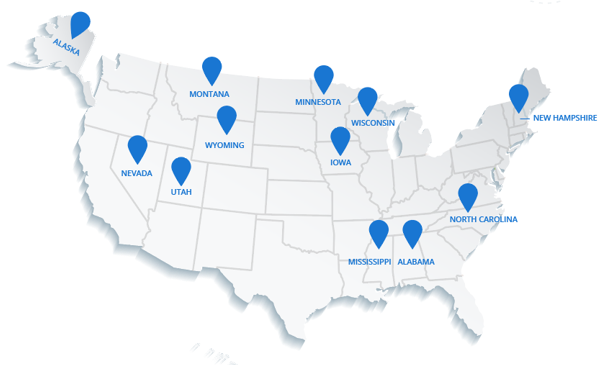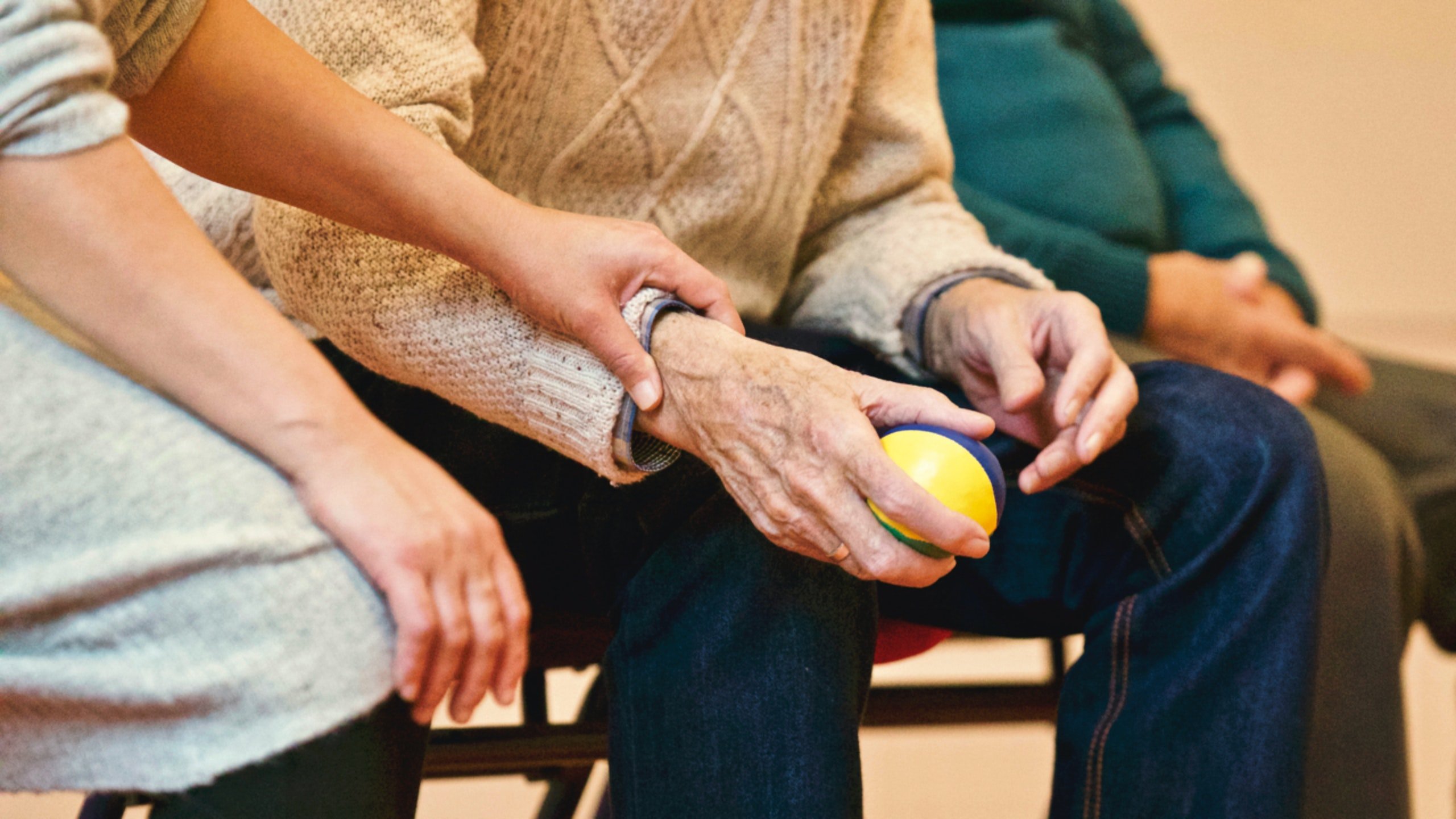To apply for exciting and relevant APP jobs in your region, click on the links below:
- Per diem and travel CRNA jobs
- Remote PMHNP job in Washington
- Remote PMHNP job in Pennsylvania
- Telemedicine Nurse Practitioner job in Georgia
- Telemedicine Physician Assistant job in Texas
Interviewing, team dynamics, and patient interactions are all impacted by Advanced Practice Provider (APP- APRN and physician assistants) nonverbal Communication skills. By becoming more aware of your body language, you can make small changes that lead to more positive interactions with others.
The Reasons Nonverbal Communication Skills are an Asset for NPs
Nonverbal communication is an important, but often overlooked, aspect of our daily personal and professional relationships. This may be especially true for advanced practice providers. Have you ever stopped to wonder just how much you convey through body language in the form of gestures, postures, and expressions? Communication experts say that body language and tone of voice can speak more loudly than the words we use.
Words Communicate Less Than We Think
Statistics surrounding interpersonal communication vary, largely because there are so many factors involved. Experts debate the implications of various study results regarding nonverbal communication; however, few people dispute that it plays a significant role in our interactions with others, especially if the words spoken and the posture taken are inconsistent. If the words spoken, the tone of voice, and the posture of a speaker don't align, the posture and tone are believed to convey a stronger message regarding the speaker's overall attitude. Is nonverbal communication a numbers game? Psychology Today. 2011. What does this mean for nurse practitioners, physician assistants, and other advanced practice providers? In a demanding clinical environment, emotions often run high. Responding quickly and effectively to patient needs can be stressful and draining, leading healthcare professionals to feel anxious and rushed. In this situation, an NP's reactions and gestures can negatively impact relationships with patients or colleagues without his or her awareness.
Use Nonverbal Communication to Your Advantage
To turn things around, start by noticing your reactions to stressful situations. Slow down, take a breath, and give yourself a moment to observe your feelings and thoughts. By becoming more aware of your body language, you can make small changes that lead to more positive interactions with others. Here are a few ways to refine your nonverbal communication style.
- Maintain eye contact. This communicates interest and liking, and can help build trust.
- Consider your hand gestures which be used effectively or ineffectively. For example, finger pointing is perceived as aggressive. Fidgeting can indicate impatience. But, showing your palms by extending your hand for a handshake, waving, or gesturing toward a chart can indicate openness.
- Position yourself. Being on the same level as a patient or colleague shows cooperation, for example, sitting in chair while communicating treatment information to a seated patient. Studies also show that "mirroring" others by taking similar body positions or matching their styles of communication can make you more likable.
- Be aware of personal space. Physical distance can be perceived as emotional distance, so when discussing private matters, or confidential information, it helps to be appropriately close to the person you're speaking to. This is a balance, however, as it is also important to respect others' privacy and allow space for emotional responses.
- Use touch intentionally. Touching a patient or colleague on the shoulder, offering a hug, or shaking hands can communicate caring and empathy as appropriate.
A 2013 study in the Journal of Participatory Medicine underscores the importance of these nonverbal communication skills, especially as technology becomes increasingly prevalent in healthcare settings. The authors state that, in clinical settings, "...trust and rapport are developed in face-to-face encounters," and that this is "...crucial to the development and maintenance of trust between the individuals." Montague E, Chen P, Xu J, Chewning B, Barrett B. Nonverbal interpersonal interactions in clinical encounters and patient perceptions of empathy. Journal of Participatory Medicine.
Make a Connection with Family, Friends, and Employers
Using positive nonverbal communication techniques can benefit healthcare providers, whether working with patients, leading and directing clinical staff, or just building relationships with family and friends. For job seekers, it can also make a dramatic difference in job interviews. Making eye contact, a solid hand shake, and calmly relaxing your hands conveys confidence in your fit for the job. Subtle but deliberate hand movements and an upright posture convey professionalism, while smiling and intentional nodding in agreement can create a sense of alignment with your interviewer. It's important to develop our nonverbal communication skills to effectively influence, lead, and work collaboratively with others. If you're looking to advance your career as a nurse practitioner or physician assistant, we're here to help! Create your profile at DirectShifts, share with others, upload and track your professional documents, and get matched to permanent and locum job opportunities!
This article was originally published on Melnic by Jill Gilliland. Melnic was recently acquired by DirectShifts.
.png?width=50&height=50&name=Cube-Logo-150x150%20(1).png)
January 5, 2022




Comments